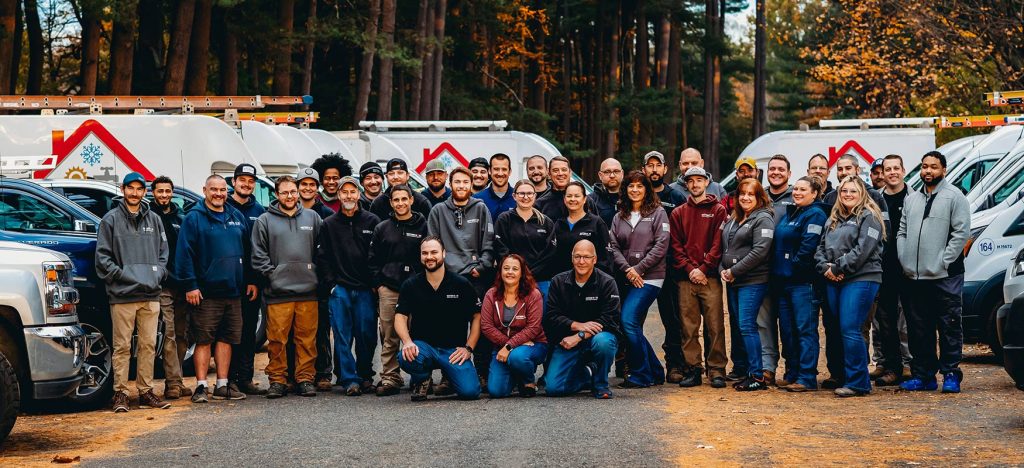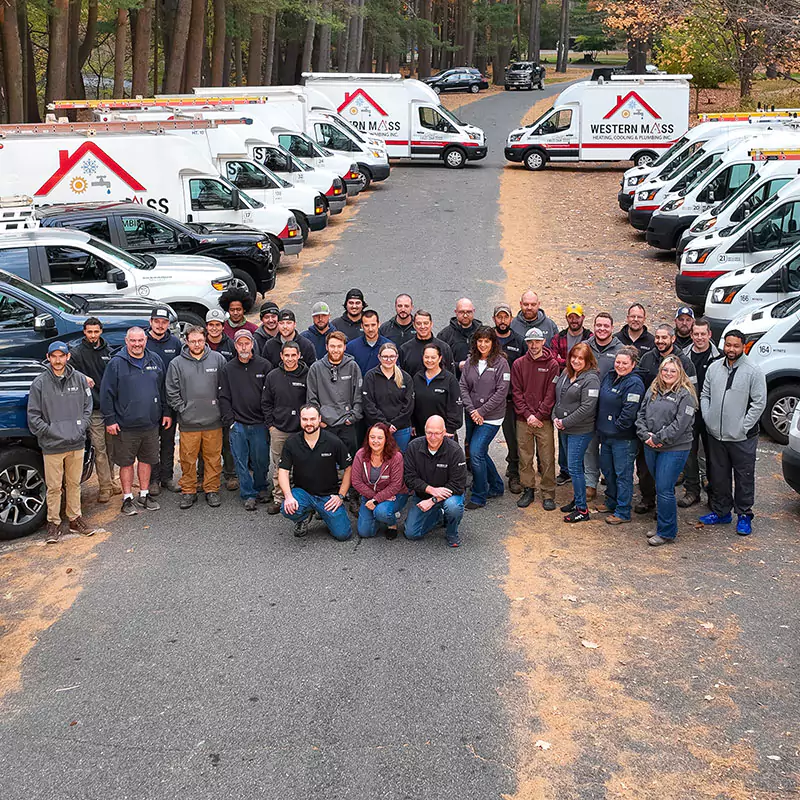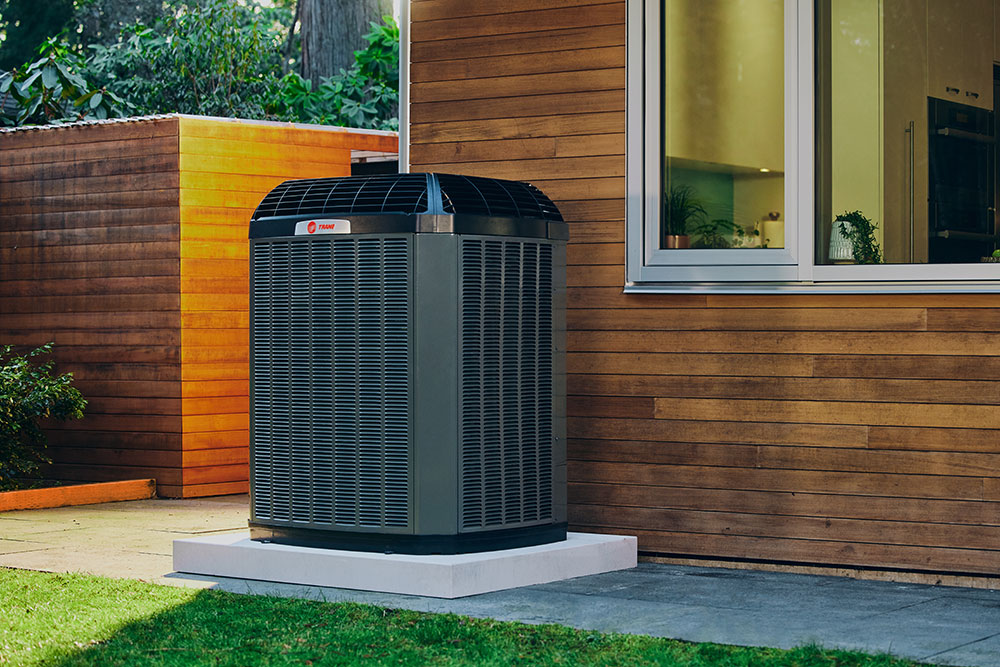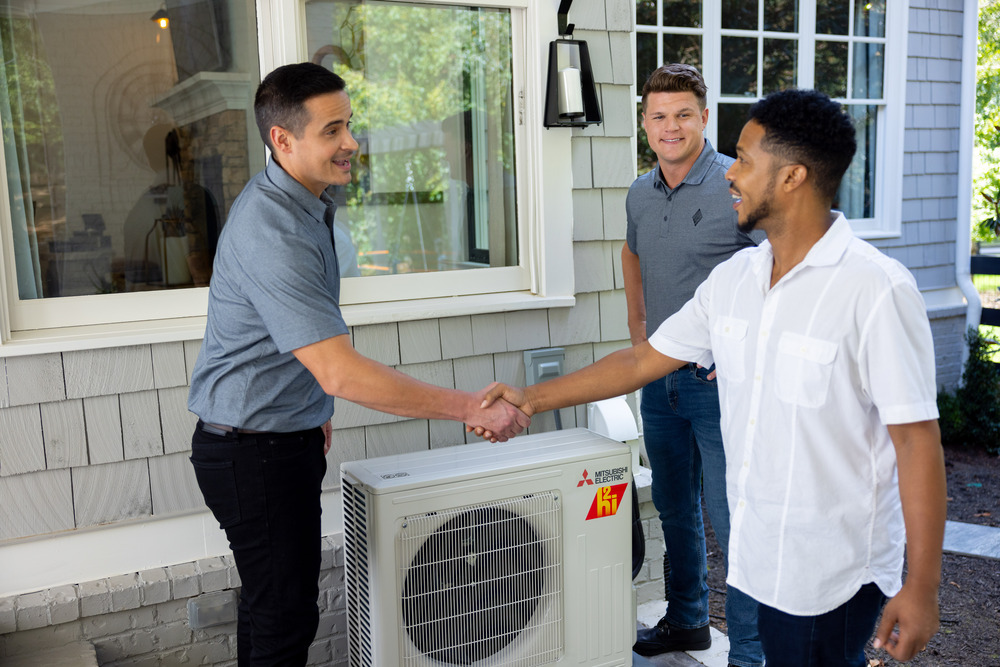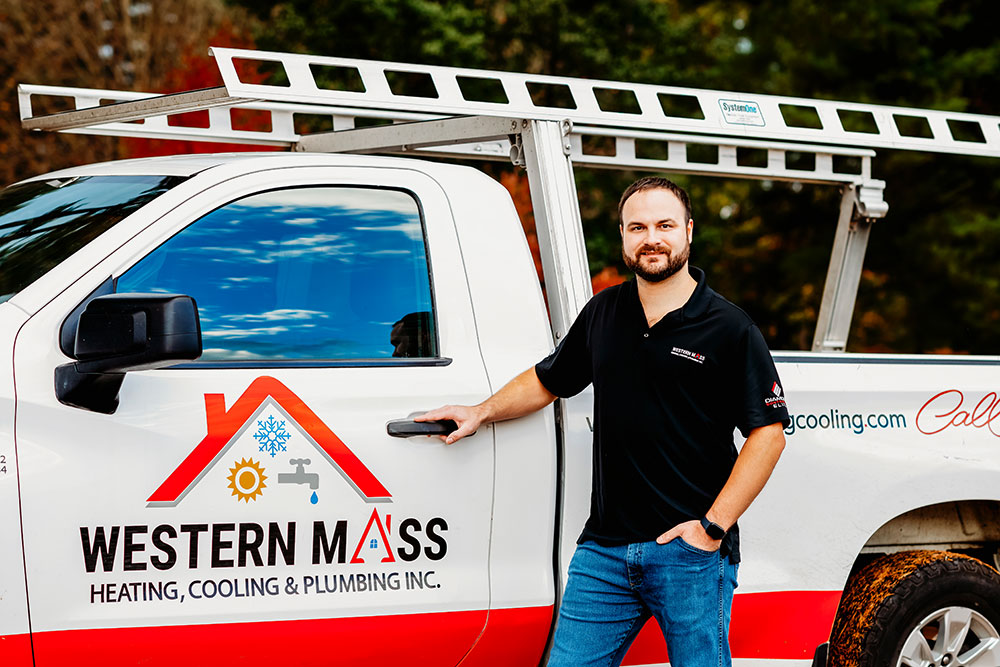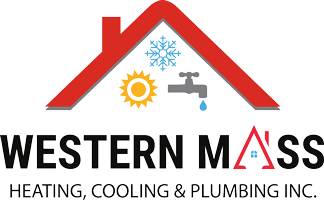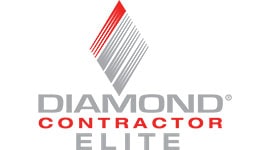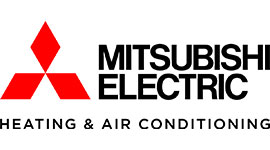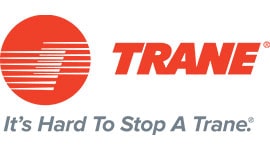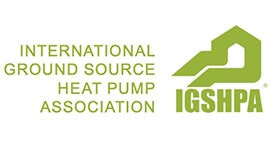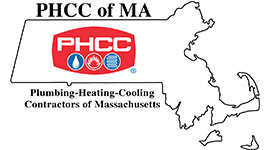
Your Trusted Source for Modern Solutions and Timeless Service!
Work with a Trusted Team
We are committed to delivering exceptional HVAC and plumbing services, ensuring your home and business enjoy optimal comfort, efficiency, and reliability.
Why Choose Us?
Timeless Service and Modern Solutions
We dedicate ourselves to providing top-notch heating, cooling, and plumbing services to ensure your home or business remains comfortable and functional all year round. As your trusted source for modern solutions and timeless service, we take pride in delivering exceptional results to homeowners and commercial clients throughout Haydenville, MA and the surrounding areas.
Your Local Experts
Investing in Our Team
At Western Mass Heating, Cooling & Plumbing Inc., we believe that our success is directly tied to the expertise and dedication of our team. That’s why we invest heavily in training and education to ensure our technicians are always at the forefront of industry best practices and technologies. Our commitment to training includes:
- Manufacturer training: We participate in any available manufacturer training to stay up-to-date on the latest products and techniques.
- In-house training program: Our comprehensive in-house training program ensures that our technicians are consistently honing their skills and expanding their knowledge. In total, we dedicate about 24 hours per week to training.
- Plumbing school tier training: We support our plumbers by paying for their participation in plumbing school tier training and apprenticeship programs.
By investing in our team’s growth and development, we can guarantee that our customers receive the highest quality service possible.

Our Priorities Are
Customer Satisfaction and Quality Service
When you choose Western Mass Heating, Cooling & Plumbing Inc. for your HVAC and plumbing needs, you can trust that you’re partnering with a company that truly cares about your satisfaction and well-being. Contact us today to experience the difference our expertise, dedication, and customer-centric approach can make in your home or business.
We’ve got you covered!
24/7 Emergency Service
We know that comfort emergencies don’t always happen during regular business hours. That’s why we offer 24/7 emergency service to our valued customers. Whether you’re facing a malfunctioning furnace in the middle of a frigid winter night or a burst pipe causing water damage on a weekend, our team of skilled technicians is always ready to respond promptly and efficiently. With Western Mass Heating, Cooling & Plumbing Inc., you can have peace of mind knowing that help is just a phone call away, no matter the time or day.
Peace of Mind
Service Plans
We offer comprehensive service plans for our HVAC and plumbing services, designed to provide you with peace of mind and ensure the longevity of your systems. Our service plans include regular maintenance checks, priority scheduling, and discounted rates on repairs and replacements. By enrolling in one of our plans, you can rest assured that your HVAC and plumbing systems will receive the necessary care to operate efficiently year-round. Our skilled technicians will perform routine inspections, identify potential issues before they become major problems, and keep your equipment running smoothly. Whether it’s heating, cooling, or plumbing, our service plans are tailored to meet your specific needs and keep your home or business comfortable and safe.
A Dedicated Team
Serving Your Community with Pride
We dedicate ourselves to providing top-notch heating, cooling, and plumbing services to ensure your home or business remains comfortable and functional all year round. As your trusted source for modern solutions and timeless service, we take pride in delivering exceptional results to homeowners and commercial clients throughout Haydenville, MA and the surrounding areas.
Comprehensive
Home Comfort Solutions
Our team of experts is well-versed in a wide range of comfort services, ensuring that we can meet all your heating, cooling, and plumbing needs.
No matter the size or complexity of your HVAC project, our skilled technicians have the knowledge and experience to get the job done right the first time.
Unparalleled Customer Service
At Western Mass Heating, Cooling & Plumbing Inc., we go above and beyond to deliver exceptional customer service. Our dedicated support team is here to assist you with all your needs, from scheduling appointments to registering warranties and helping with rebates. We also provide 24-hour service to our customers, ensuring that you always have access to the support you need.
Premium Tools and Products
In addition to our focus on training, we also prioritize the use of premium tools and products in all our work. We refuse to cut corners when it comes to the quality of our tools, consumables, and materials. By using top-of-the-line resources, we can ensure that our installations and repairs are built to last, providing you with long-term comfort and reliability.
